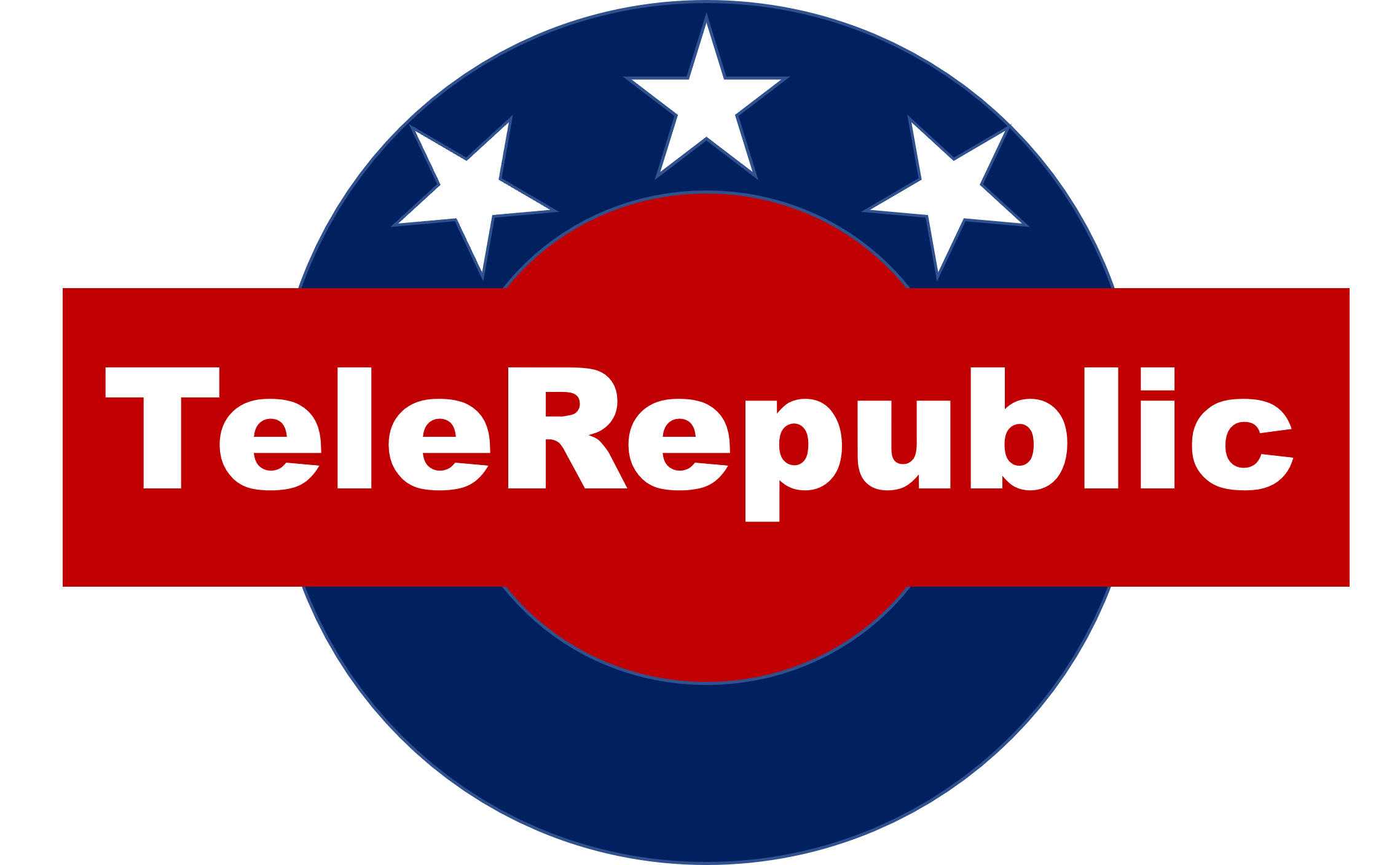Introduction:
As Nigeria grapples with the challenges of its oil-dependent economy, the issue of fuel subsidy has remained a contentious topic. Fuel subsidy refers to the government’s practice of reducing the price of fuel to alleviate the burden on consumers. However, the economic implications of fuel subsidies are complex and multifaceted. In this article, we will delve into the pros and cons of removing fuel subsidies in Nigeria, shedding light on the potential benefits and drawbacks of such a decision.
Pros of Removing Fuel Subsidy in Nigeria:
Fiscal Relief and Economic Stability:
One of the main advantages of eliminating fuel subsidies is the potential for fiscal relief and increased economic stability. Subsidies impose a significant financial burden on the government, diverting funds away from critical sectors such as healthcare, education, and infrastructure development. By removing fuel subsidies, the Nigerian government can redirect these resources towards initiatives that promote long-term economic growth and social development.
Encouragement of Market Efficiency:
Removing fuel subsidies would encourage market efficiency by allowing fuel prices to reflect the true cost of production and consumption. Market-driven pricing creates incentives for efficiency improvements in the oil and gas sector, leading to increased productivity, reduced waste, and optimal allocation of resources. It would also attract private investment, fostering competition and innovation within the industry.
Reduction of Smuggling and Corruption:
Fuel subsidies have been associated with widespread smuggling and corruption, resulting in significant revenue losses for the Nigerian government. Eliminating subsidies would create a more transparent and accountable system, reducing opportunities for rent-seeking behavior and illicit activities. This, in turn, could restore public trust in the government and contribute to improved governance.
Promotion of Alternative Energy Sources:
The removal of fuel subsidies could incentivize the exploration and adoption of alternative energy sources in Nigeria. By allowing market forces to determine fuel prices, renewable energy options such as solar, wind, and hydroelectric power become relatively more attractive and economically viable. This shift towards cleaner energy would contribute to reducing carbon emissions and addressing environmental concerns.
Efficient Resource Allocation:
Removing fuel subsidies would facilitate a more efficient allocation of resources within the Nigerian economy. By reducing distortions in the energy market, funds previously allocated to subsidies can be redirected towards crucial sectors such as education, healthcare, and infrastructure. This reallocation would stimulate economic diversification, job creation, and sustainable development in the long run.
Cons of Removing Fuel Subsidy in Nigeria:
Potential Social Impact:
A sudden removal of fuel subsidies could lead to an immediate increase in fuel prices, causing a significant burden on low-income households and vulnerable segments of the population. The resulting inflationary pressures could erode purchasing power, exacerbating poverty and inequality. Careful consideration and the implementation of targeted social safety nets are necessary to mitigate these adverse effects.
Public Outcry:
The removal of fuel subsidies often triggers public outcry as citizens face the immediate impact of higher fuel prices. Disruptions to economic activities can occur, posing challenges to stability and social cohesion. Proper communication, public engagement, and gradual reforms can help manage these challenges effectively.
Short-Term Economic Disruptions:
Removing fuel subsidies might lead to short-term economic disruptions as prices adjust and businesses adapt to the new cost structure. Industries heavily reliant on fuel, such as transportation and manufacturing, could experience increased operating costs, potentially leading to reduced profitability, job losses, and market volatility. Careful planning and phased implementation can help mitigate these short-term disruptions.
Possible Increase in Illegal Activities:
With the removal of fuel subsidies, the potential for black market activities, smuggling, and adulteration of fuel may rise. Criminal networks may take advantage of the price differentials, leading to increased illicit trade and environmental damage. Strengthening law enforcement and implementing effective monitoring mechanisms would be crucial to counter such challenges.
Regional Competitiveness:
Removing fuel subsidies in Nigeria could impact its regional competitiveness if neighboring countries maintain subsidies, leading to higher fuel prices relative to the region. This could have implications for cross-border trade, transportation costs, and foreign direct investment. Close coordination with regional partners and adopting a regional approach to subsidy reforms would be important to mitigate any negative consequences.
Conclusion:
The decision to remove fuel subsidies in Nigeria is a complex and multifaceted issue, with both pros and cons to consider. While eliminating fuel subsidies can bring fiscal relief, encourage market efficiency, and promote sustainable development, it is essential to manage the potential social impacts, economic disruptions, and regional competitiveness challenges. Careful planning, stakeholder engagement, and the implementation of mitigating measures are necessary to ensure a smooth transition and maximize the long-term benefits for Nigeria’s economy and its citizens.




